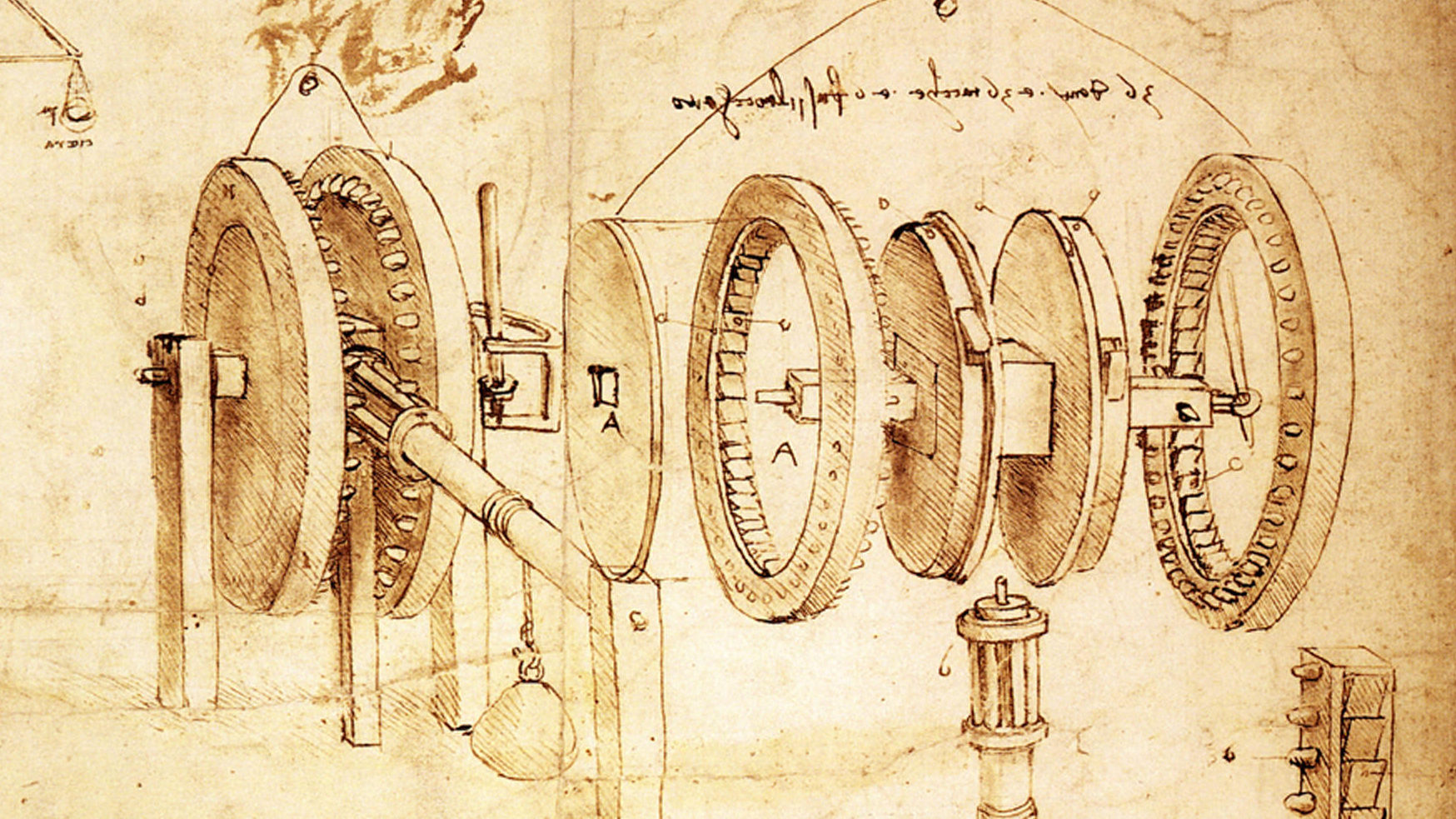Working our way through Nicole Oresme’s commentary on the Physics (ed. Stefano Caroti et al., Leiden: Brill, 2013), we stumbled across the following little description of people in the North:
‘Iterum, recitat Lincolniensis quod Plinius in naturalibus et <spatium album> <auctor> De mirabilibus mundi et multi alii describentes regiones dicunt quod in quibusdam montibus, ut in montibus hyperboreis iuxta polum, sunt homines habentes aerem saluberrimum et temperatissimum, qui tam diu vivunt quod fastidiunt vitam, et se precipitant in mare a rupibus.’ (bk. I, q. 20, c. 15ra; p. 152, ll. 9–14)
Translation (with some insertions marked by parentheses):
“Also, Robert Grosseteste writes that Pliny in the Naturalis Historia (bk. IV, ch. 89) and (Gaius Julius Solinus in his) De mirabilibus mundi (16.1) and many others describing regions say that in some mountains, as in hyperborean mountains by the pole, there are people who have a most healthy and temperate air, who live for so long that they hate their lives and throw themselves off cliffs into the sea.”
(Thank you, Erika Kihlman, for help with the references!)
This is inserted into a question of whether all beings desire their own “permanence and duration” (to keep on being, that is). The above is supposed to be a counter-example to it.
Might this be a repetition of the stories of the “ättestupa”? These were supposedly precipices where older people, who could no longer contribute to the household, had to throw themselves to their deaths.
Or does the report originate from elderly people practicing cliff jumping in the Nordic countries? In which case this would rather be an example of liveliness and vivacity up to an old age.
We will probably never find out.

